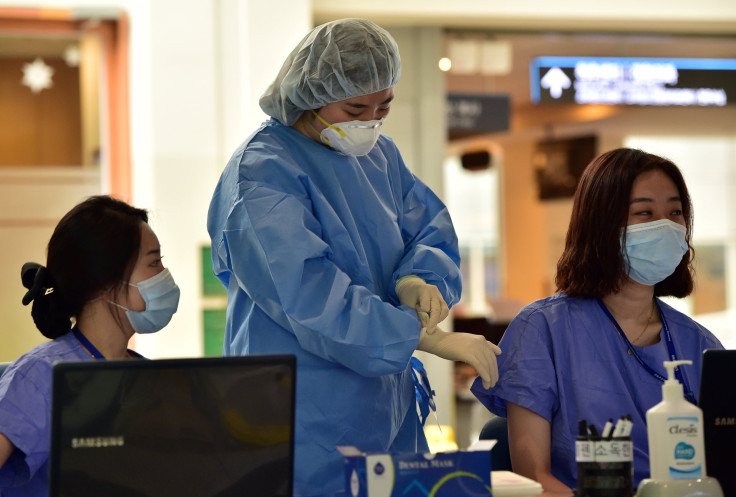US Researchers Report 'Early Success' With Experimental MERS Vaccine, While South Korea Puts An End To Outbreak

In its struggle against the outbreak of Middle East Respiratory Syndrome, South Korea has finally declared victory. The deadly disease had killed 36 people and affected Asia's fourth-largest economy before sweeping quarantine measures were introduced by the government.
The official announcement was made by Prime Minister Hwang Kyo-ahn during a meeting with officials in Seoul. Hwang said the biggest MERS outbreak ever outside the Mddle East was over.
“After weighing various circumstances the medical personnel and the government judge that the people can now be free from worry,” said Hwang during the Seoul meeting.
"I ask the public to shake off all concerns over MERS and to resume normal daily activities, including economic, cultural, leisure and school activities.”
The MERS outbreak resulted in a huge economic loss. It nearly devastated the tourism sector and shopping malls, cinemas and restaurants reported a sharp decline in sales. The domestic consumption of good reduced while export of finished goods to other countries slowed down.
Meanwhile, the researchers at the U.S. National Institute of Allergy and Infectious Diseases declared that they have achieved an initial success testing an experimental MERS vaccine in animals.
The study, published in the journal Nature Communications, reports that the mice vaccinated with the experimental drug produced antibodies against different strains of MERS. In addition, the researchers found that vaccinated macaque monkeys were protected against lung damage when exposed to the virus. The researchers hope to test a second-generation form of the vaccine on humans soon.
MERS has killed nearly 500 people around the world, a majority of them from Saudi Arabia. A person infected by MERS virus shows signs of coughing and fever. A more severe form of the disease can prove fatal by resulting in pneumonia or kidney failure.
© Copyright IBTimes 2024. All rights reserved.





















